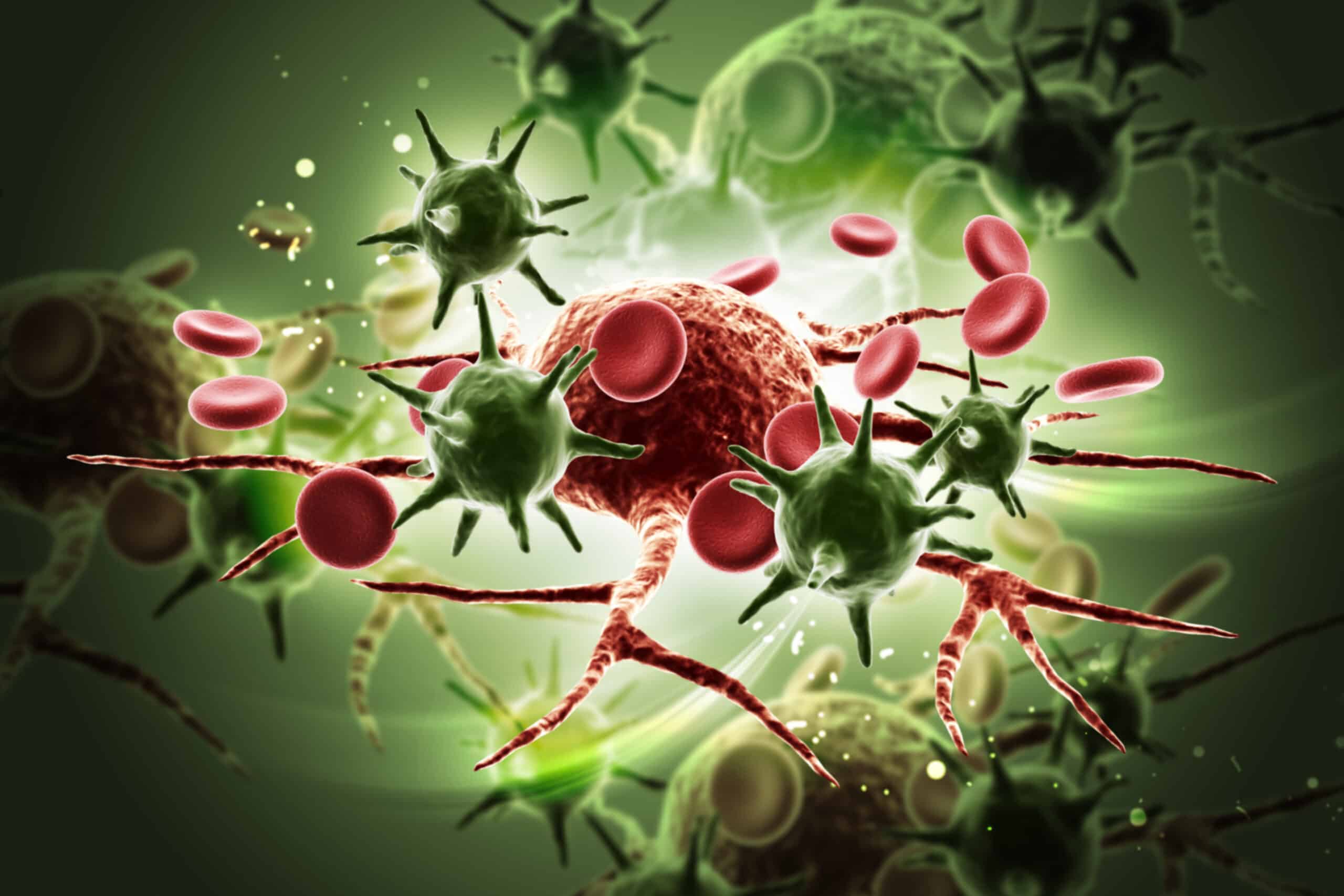Selenium is just one of the many nutrients that the body requires but is not able to make on its own, meaning that we have to obtain it through food sources such as nuts, seafood, whole grains, and dietary supplements. It is linked to several health benefits due to its potent antioxidant properties such as improved cardiovascular functions and reduced risk of cognitive decline.
One of the more popular health benefits stems from selenium’s anticancer activities. Selenium has been explored as a possible anticarcinogen, some suggest that it can help to prevent the spread of cancer cells in the lung, liver, colon and mammary tissue in animal studies, it was also found to induce apoptosis in tumor cells.
An international team of researchers reviewed 83 randomized controlled trials involving 27,232 participants aged 18+, and 70 observational studies involving over 2,360,000 participants aged 18+ comparing the effects of selenium to placebos. Supplementation with selenium in the randomized controlled trial didn’t lead to a reduced cancer risk; but the observational studies showed a reduced cancer risk and decreased cancer mortality were directly linked to high concentrations of selenium, in particular the risk for breast, lung, colon, bladder, and prostate cancers.
A study published in the Journal of Cancer Prevention showed that selenium helped to repair DNA damage that was caused by carcinogens, and revealed that selenium also helped to stop cell migration and invasion particularly in breast, colon, melanoma, liver, lung, and prostate cancers.
Carcinogens induce genetic damage when they latch onto DNA and alter its components, to combat this anticarcinogens neutralize enzymes that enable carcinogens to damage DNA. Selenium also helps to prevent further DNA damage and helps to improve DNA repair capacity by boosting the protective activities of DNA repair enzymes.
This study suggests that DNA repair capacity can also be enhanced when selenium is paired with zinc which boosts the antioxidant and chemopreventive activities of selenium, while delivering its own immune function boosting properties.
There is no consensus among experts that selenium can be used as a treatment for cancer, but extensive studies provide compelling evidence that it can help to significantly reduce the risk of certain cancers and minimize the effects of cancer on the body.




